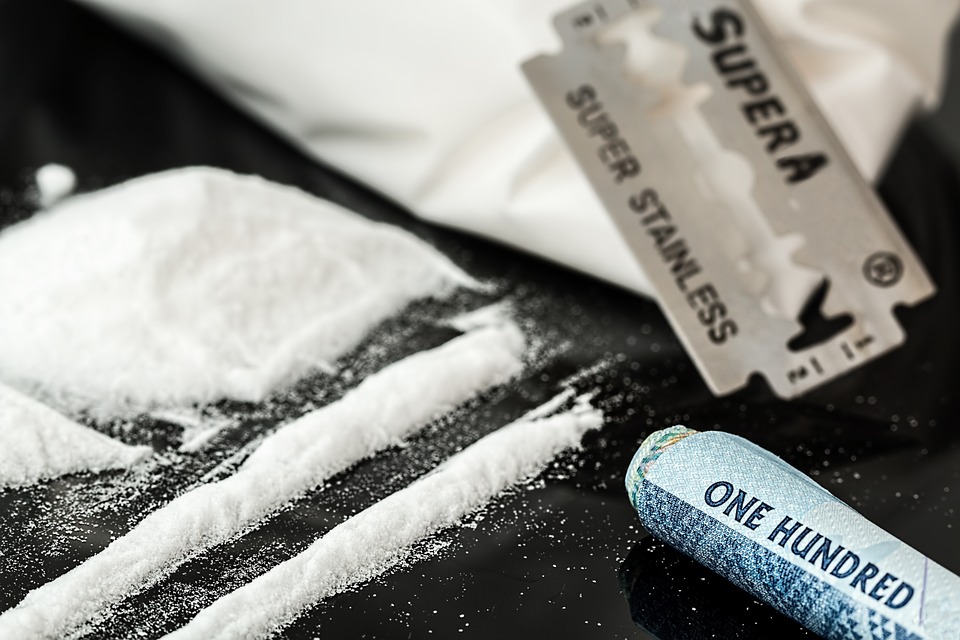
Could referring to a person as a substance “abuser” hurt his or her chances of getting treatment and becoming sober? Does saying someone abuses alcohol or drugs unnecessarily stigmatize that person and affect the way some medical professionals view him or her?
A growing number of medical professionals think so, and they’re working to change some of the traditional lexicon of addiction. Dropping the use of stigmatizing language “can save lives,” says Dr. John F. Kelly, director of the Recovery Research Institute at Massachusetts General Hospital in Boston and associate professor of psychiatry and addiction medicine at Harvard Medical School. Labeling someone with a drug or alcohol addiction an “abuser” suggests that person is voluntarily misusing those substances, rather than struggling with a disease that involves their brain chemistry, Kelly says. Such language “could suggest willful misconduct, which some people believe should be punished, not treated,” he says.
The medical reality is complex. The brains of people addicted to alcohol or other drugs are compromised with regard to exerting self-control and the ability to resist their substance of choice, Kelly says. Using drugs and alcohol releases dopamine in the brain’s reward pathway. Dopamine is a neurotransmitter that helps regulate the brain’s pleasure and reward centers, as well as emotional responses. In the brains of people with substance use disorders, the desire to drink or use drugs can supersede other priorities, like survival.
Mental Health Professionals Affected
Even some medical professionals, who are presumably educated about brain chemistry and addiction, are inclined to treat people with substance use disorders differently if they are described as “abusers,” Kelly found in a study published several years ago in the International Journal of Drug Policy. In the study, Kelly provided virtually the same scenario to 516 clinicians at two mental health conferences. The vignette described someone suffering from addiction who’d relapsed; in one scenario, the person was described as a substance abuser, in the other, as someone with a substance use disorder. The clinicians who read the scenario describing the person as a “substance abuser” agreed more with the idea that the person “was personally culpable and that punitive measures should be taken,” the study said. These clinicians were more likely to say the person in the scenario should, for instance, go to jail rather than receive treatment, Kelly said in an interview.
Referring to people with substance use disorders as “abusers” also negatively affects them, Michael P. Botticelli, executive director at the Grayken Center for Addiction Medicine at Boston Medical Center, said in “Changing the Language of Addiction,” a 2016 paper he co-wrote for JAMA. “Stigma isolates people, discourages people from coming forward for treatment and leads some clinicians, knowingly or unknowingly, to resist delivering evidence-based treatment services,” Botticelli and his co-author wrote.
The 2014 National Survey on Drug Use and Health estimated that of the more than 22 million people older than age 12 in the U.S. who are believed to be in need of treatment for alcohol or illicit drug use, only an estimated 2.6 million had such medical care in the previous year. Fears that seeking treatment could hurt their chances of landing a job or negatively affect the way other people viewed them were among the reasons people with substance use disorders cited for not seeking treatment, according to the survey.
“This is not just about being politically correct,” Botticelli says. “There’s scientific evidence to show that language matters. We know stigma plays a huge role in why some people with substance use disorders avoid or delay seeking treatment.”
Addiction Terminology Changing
Kelly, Botticelli and other addiction experts are making inroads in their efforts to change some of the longstanding addiction terminology. In 2013, the Diagnostic and Statistical Manual of Mental Disordersdropped the classifications of “substance abuse” and “dependence” in favor of the phrase “use disorder,” such as “opioid use disorder.” In early 2017, the White House Office of National Drug Control Policy (where Botticelli was director from February 2015 to January 2017) released a document advising federal agencies to replace terms that carry stigma with “alternative language more aligned with science,” according to the JAMA paper Botticelli co-authored.
In addition to using “substance use disorder” rather than “substance abuse,” the guidance recommends referring to a person who’s abstaining from drugs as being “in recovery” rather than “clean,” because the latter word “implies that people with this disease are dirty or socially unacceptable.” The document also advises that federal officials avoid using the term “drug habit,” which “inaccurately portrays SUDs as simply a matter of personal choice.”
Such language changes are spreading into the broader community. The Associated Press, the largest wire service in the U.S., recently updated its stylebook guidance on addiction. It advises journalists to avoid words like “abuse or problem in favor of the word use with an appropriate modifier such as risky, unhealthy, excessive or heavy.” The update also says addiction is the preferred word for the condition, though the term “substance use disorderis preferred by some clinicians and acceptable in some uses, such as in quotations or in scientific contexts.” The AP update advises reporters to avoid words like “alcoholic, addict, user and abuser unless they are in quotations or in the name of an organization,” such as Alcoholics Anonymous. The AP update also advises journalists to “not use the terms addiction and dependence interchangeably. Addiction usually refers to a disease or disorder; dependence may not involve one, such as some babies born to mothers who use drugs or cancer patients who take prescribed painkillers.” About 1,400 U.S. newspapers comprise the AP cooperative, which also includes some radio and TV stations and web-based news outlets.
Not all addiction experts support the changes in terminology. “This kind of discussion may play well at treatment conferences … but with someone like me who’s wrestling with addiction in the trenches, it’s like the ‘Twilight Zone,’ ” says Howard Samuels, founder and chief executive officer of The Hills Treatment Center in Los Angeles. “There are no polite words to describe the self-destruction one does to oneself and others who love them when one is actively addicted. I’m personally a dope fiend [sober for 32 years from heroin]. I’m the type of dope fiend who forgets I’m a dope fiend. I have to remind myself I have a disease that’s not pretty, that will destroy me and everyone around me.”
Samuels disagrees with the premise that using destigmatizing language is best for all people with substance use disorders. “Shame can motivate people to change,” he says. He offered the example of a mother who drove her kids while drunk. “If she doesn’t feel shame, she’s not going to stop drinking,” Samuels says.
But many other clinicians support the efforts to change the language of addiction to destigmatize the disease. “It’s not just about semantics, it’s about using language that isn’t stigmatizing so more people will be willing to get treatment for this medical disorder,” says Deni Carise, chief clinical officer at Recovery Centers of America, which has addiction treatment centers in five northeast states. Beth Kane-Davidson, director of the Addiction Treatment Center at Suburban Hospital in Bethesda, Maryland, agrees. “Understanding a disorder is not making an excuse for it,” she says. “There are negative behaviors that happen when one is using and amends that have to be made. That’s all still there.”

